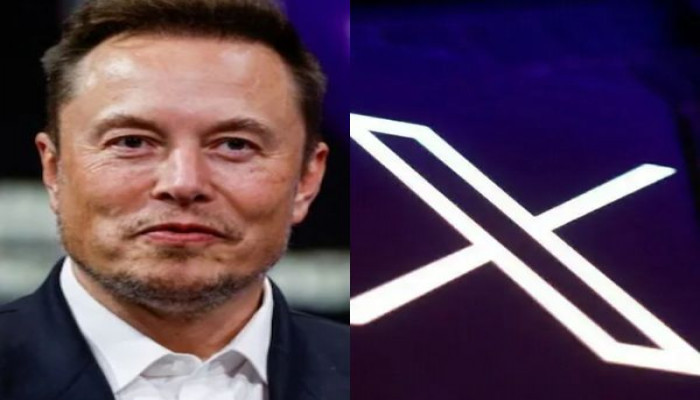India limits content takedown power to fewer officials after legal challenge with Musk’s X
- In Reports
- 07:25 PM, Oct 23, 2025
- Myind Staff
The Indian government has reportedly reduced the number of officials who can order the removal of online content. According to a Reuters report, the decision followed a tense legal dispute with Elon Musk’s social media platform X, formerly known as Twitter. Musk’s company had opposed what it called ‘policing the internet’ by allowing thousands of officials to issue takedown orders. The new rules will come into effect on November 15.
Announcing the changes, the Ministry of Electronics and Information Technology said, "The Ministry of Electronics and Information Technology (MeitY) has notified the Information Technology (Intermediary Guidelines and Digital Media Ethics Code) Amendment Rules, 2025 to amend the Information Technology (Intermediary Guidelines and Digital Media Ethics Code) Rules, 2021 (“IT Rules, 2021”). These amendments strengthen the framework of due diligence obligations of intermediaries under the Information Technology Act, 2000 (“IT Act”). Specifically, the amendments to Rule 3(1)(d) introduce additional safeguards to ensure that removal of unlawful content by intermediaries is carried out in a transparent, proportionate and accountable manner."
In a separate statement, the government said the changes were meant to bring in "additional safeguards to ensure senior-level accountability, precise specification of unlawful content and periodic review of government directions at (a) higher level."
Under the revised policy, only senior bureaucrats and police officers will have the authority to issue takedown orders. This means that only officials of joint secretary rank or higher, and police officers at the level of deputy inspector general or above, will be allowed to issue such directions.
"Any intimation to intermediaries for removal of unlawful information can now only be issued by a senior officer not below the rank of Joint Secretary, or equivalent, or, where such rank is not appointed, a Director or an officer equivalent in rank—and, where so authorised, acting through a single corresponding officer in its authorised agency, where such agency is so appointed. In case of police authorities, only an officer not below the rank of Deputy Inspector General of Police (DIG), specially authorised, can issue such intimation," the order said.
The new rules also make it mandatory for every takedown order to include a "reasoned intimation" that explains the legal grounds, the statutory provision used, the nature of the unlawful act, and the specific website link. The earlier policy did not require such detailed justification.
As an additional safeguard, all takedown orders will now face a "periodic review" by an officer of secretary rank once every month. This review will ensure that "such actions remain necessary, proportionate, and consistent with law," according to the order.
In August, Reuters reported that police inspectors had been issuing takedown orders against cartoons and satirical posts. This prompted one of X’s major legal challenges to the government’s content removal policy.
Last month, Elon Musk’s X lost its case in the Karnataka High Court, where the judge ruled that the company’s challenge lacked merit and that it must comply with Indian law.
During the case, Twitter India argued that the government’s actions were unconstitutional and violated free speech by allowing too many officials to suppress genuine criticism of public figures. The company’s lawyer told the court that every "Tom, Dick, and Harry" in India was illegally issuing takedown orders.







Comments